Using a technology we like to call "Hive Computing," several Android apps allow you to contribute idle processing power to help further scientific research. This basically means that when you're not using your phone or tablet, it can join forces with other idle devices to form a supercomputer that scientists can use to potentially make a world-changing breakthrough.
Scientific institutions across the world are notoriously underfunded, so every little bit can help. With the five apps we'll discuss below, you can use your Android device to contribute to research in the fields of medicine, physics, chemistry, astronomy, geology, and more—investing otherwise wasted time into a far more noble cause.
- Don't Miss: How to Save Lives with Android While You Sleep

#1: MyShake
The first app in our list would be a great option if you live somewhere along the Pacific Ring of Fire. Published by researchers at UC Berkeley, MyShake lets you track recent earthquake activity while simultaneously contributing valuable data to seismologists.

The app uses internal sensors in your device to measure seismic activity. Combined with all of the other users who have MyShake installed, this gives geologists a far more accurate and detailed map of earthquakes, which can lead to more advanced warnings. On top of all that, you get to see the data being collected, which makes this one of the most accurate earthquake-tracking apps around.




#2: Folding@Home
Several great minds have teamed up to create this next app. Folding@Home is a joint venture by Sony and Stanford University scientists who are trying to learn more about the mechanics behind many terrible diseases, and it uses your device's idle processing power to further the cause.

Protein folding is the process used by many cells in our bodies to acquire their final shapes. Most of the time, these shapes are biologically useful, but occasionally, improper folding can lead to diseases like Alzheimer's, Ebola, and cancer.
With Folding@Home installed, your device will be used to analyze protein folding patterns while you sleep. This comes at virtually no cost to you, as the app will wait until your battery is fully charged and your device is connected to Wi-Fi before it starts crunching numbers in the background.




#3: DreamLab
If you'd rather contribute to a more international venture, DreamLab is the product of a partnership between Vodafone and researchers at the Garvan Institute in Australia. The app offers another great hive computing option, with the ultimate goal of curing several types of cancer.

Once you've installed DreamLab, you'll be able to choose the specific fields of cancer research that you'd like to support. From there, the app will put your device's spare processing power to use in an effort to find the cure—and for Vodafone customers, the mobile data it uses is absolutely free.




#4: BOINC
The fourth app in our list is another project by UC Berkeley—but BOINC is a lot more flexible than MyShake in a way. Rather than using your device for one specific purpose, BOINC lets you choose fields of research that you would like to contribute to.

It's a hive computing app at heart, so your device's processor will be partnered with other participants around the world to form a supercomputer that analyzes important data. Once you've chosen your preferred fields of science, BOINC will wait until your phone or tablet is connected to a charger before it starts analyzing data, so there's no need to worry about battery drain.




#5: Reverse the Odds
Finally, Reverse the Odds puts a unique twist on this genre of apps. It's actually a fun game on the surface, but at heart, it incentivizes scientific contribution by offering credits when you analyze images that can help to identify forms of cancer.

That may sound complicated at first, but you don't need any clinical experience to use this app. It will teach you how to identify cancer cells with an easy-to-follow walkthrough, then when you've got the hang of things, it will start showing you real slides to analyze.




By analyzing slides to check for the presence of cancer cells, you simultaneously contribute to science and earn credits that can be used in the game. It's a great way to kill time without actually wasting it, and the UK-based cancer researchers you're helping will be incredibly grateful.




It should be noted that these apps may add wear and tear to your device's internal parts—mainly because your processor and battery will be in use during times that were previously reserved for sleep. But it's a negligible effect at worst, and the real-world impacts you'll be making should far outweigh any downsides.
Follow Android Hacks on Facebook or Twitter, or Gadget Hacks on Facebook, Google+, or Twitter, to discover more cool Android apps.
Cover image via Shutterstock





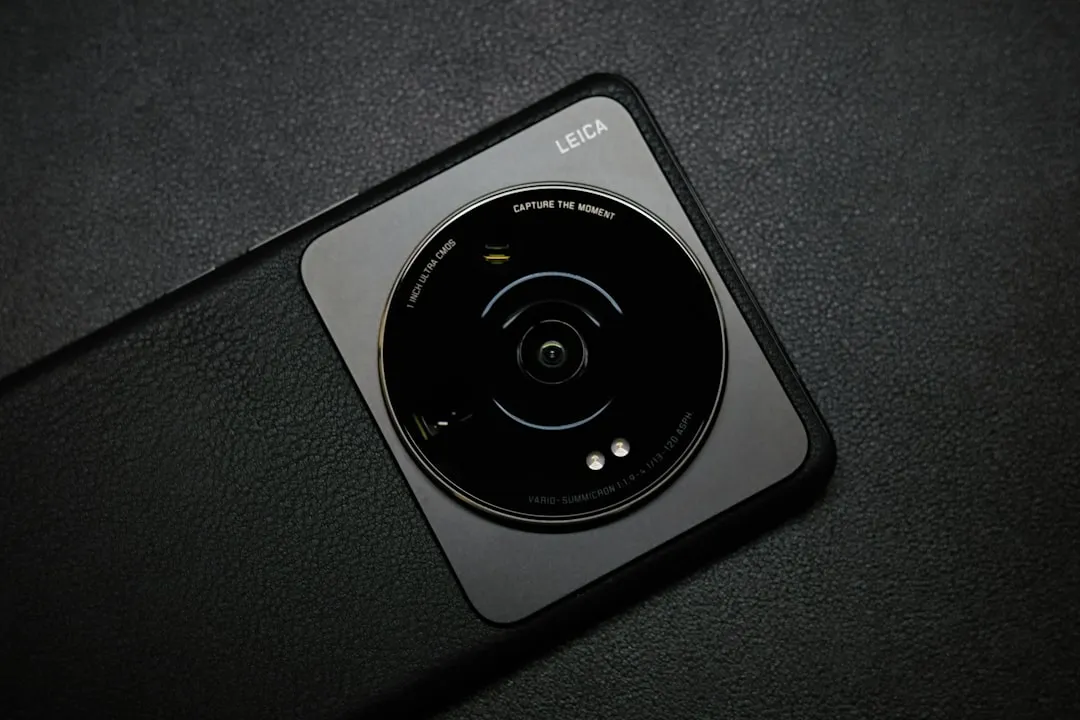


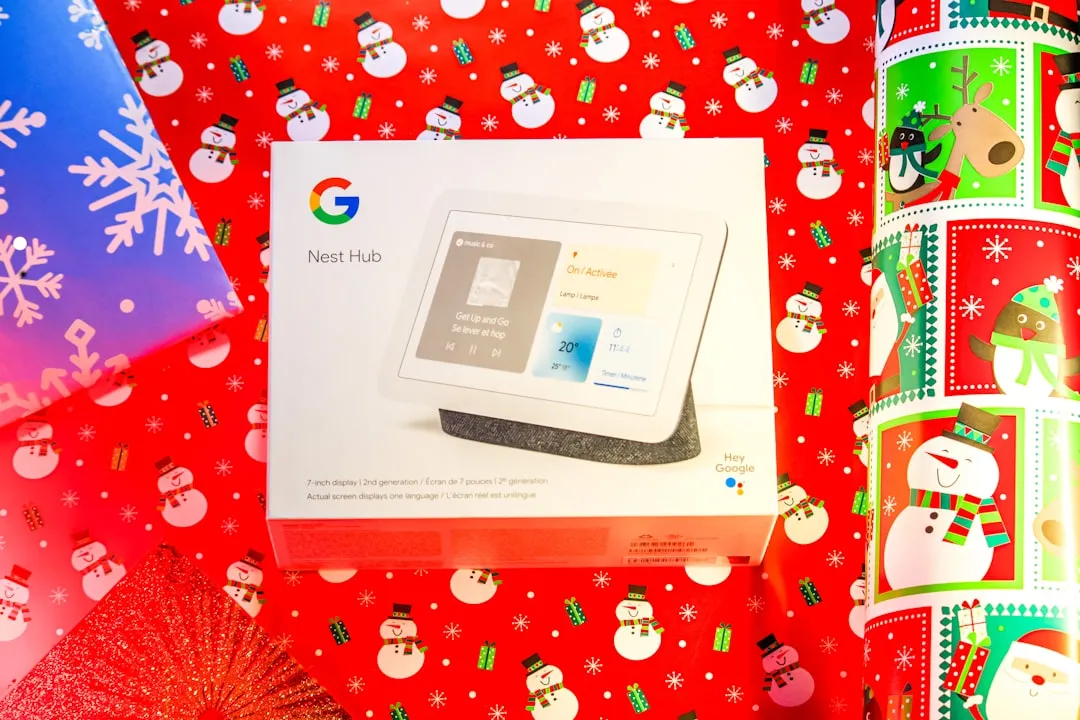
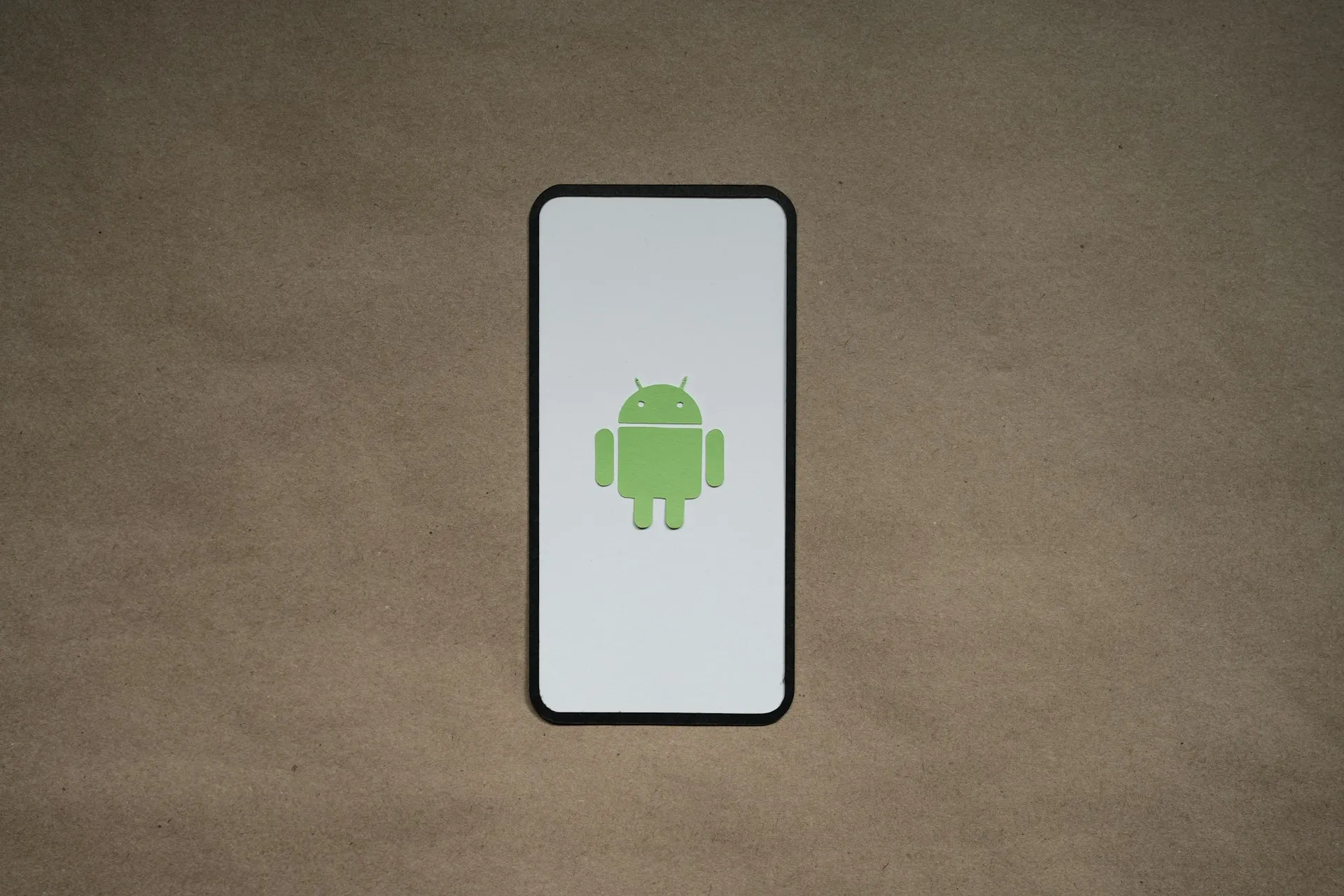

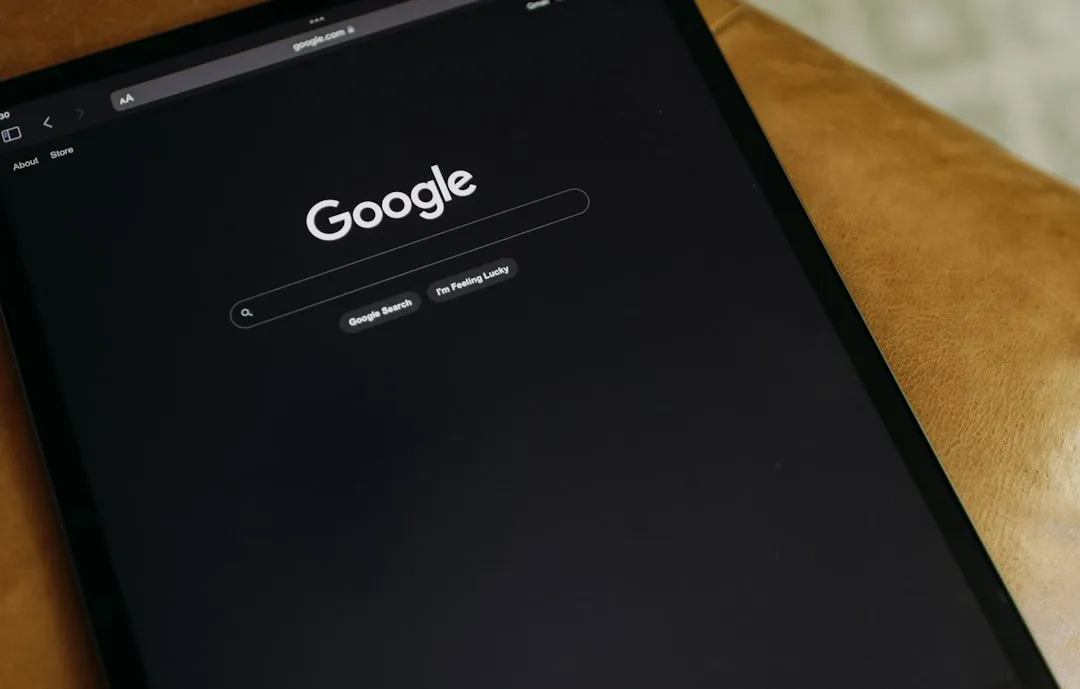








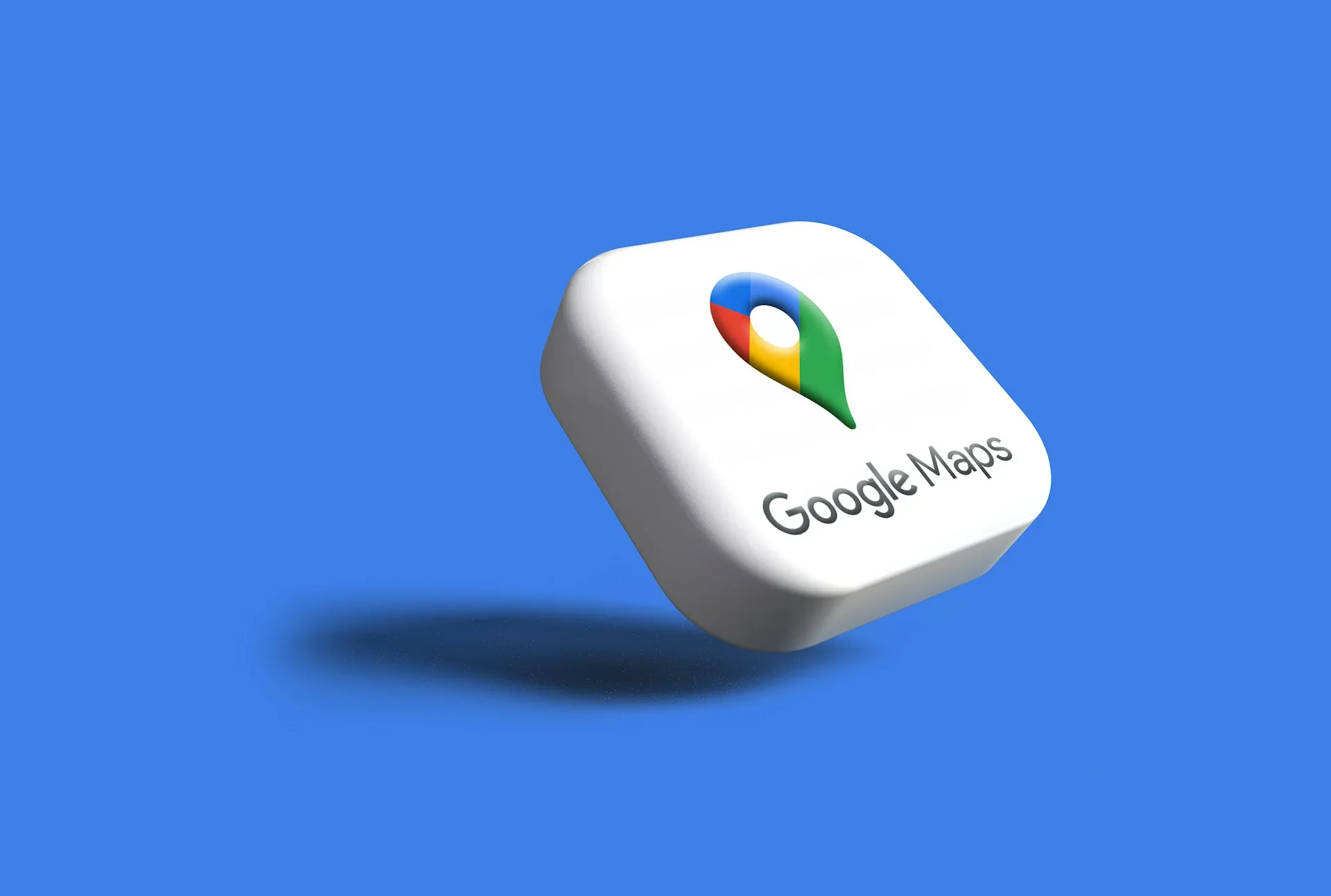


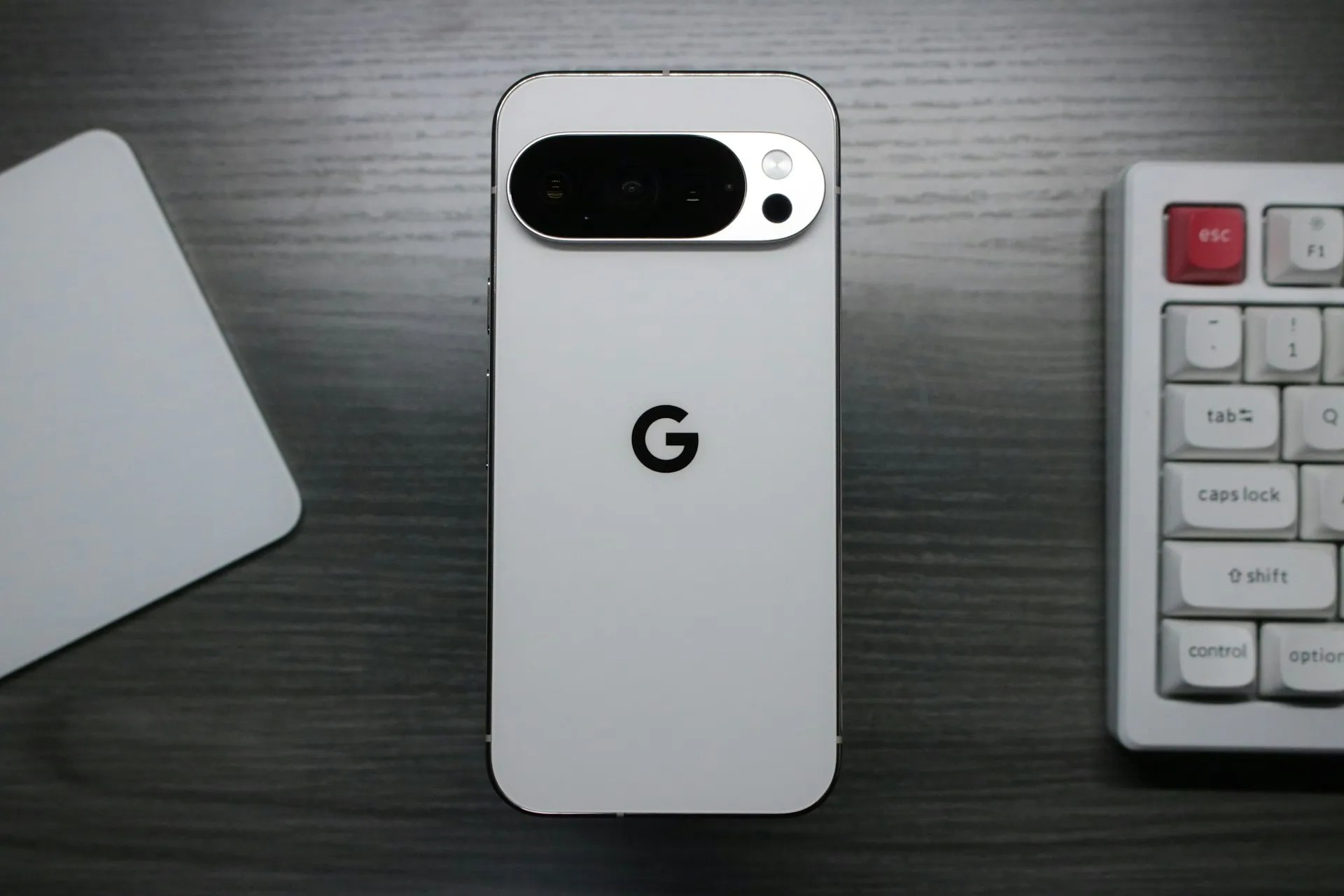
Comments
Be the first, drop a comment!